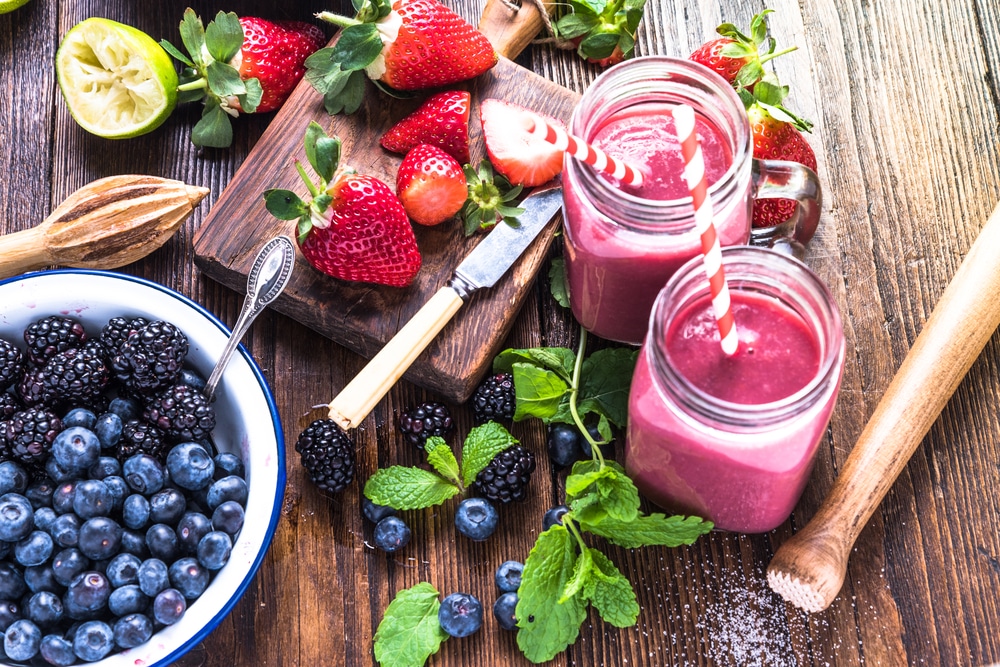What is Oxidative Stress?
Oxidative stress has been found to be an underlying cause of cancer, which is why it is so crucial to be informed about how you can manage oxidative stress in your body.
As we breathe in oxygen, our bodies process (or metabolize) the oxygen and our cells produce energy from it. This process is called oxidation. This process also produces free radicals – which interact with the molecules within our cells and cause damage to nearby cells, mitochondria and DNA.
Similar to inflammation, free radicals are a normal occurrence in the body – while the can cause damage, they also stimulate repair. Issues occur when there is an overload of free radicals that overwhelms the bodies natural repair process – this is call oxidative stress.
Oxidation is increased by a number of factors:
- When we eat too much sugar
- When our immune system is fighting off bacteria and creates inflammation
- When our body has to detoxify from pollutants, pesticides and cigarette smoke
- When we are physically and/or emotionally stressed
How to manage Oxidative Stress
The key is to avoid exposure to things that cause unnecessary oxidation and to increase your anti-oxidants.
Avoid Exposure:
Oxidation increases when your body is exposed to stress, toxins and infections.
Incorporate exercise, meditation, enjoying nature or even journaling into your daily life – whatever you need to do to help reduce the overall stress you experience.
Be proactive when it comes to your health; take steps to boost your immune system.
Avoid toxins from cigarettes, hair and nail salons, exhaust fumes and plastic. Clean up your personal care and cleaning products by choosing products with non-toxic ingredients.
Oxidation is also increase by sugar and chemicals. Do your best to avoid sugar and processed foods while balancing your blood sugar levels. Eating large meals, infrequently, can cause more oxidative stress. Balance your blood sugar by eating smaller, more frequent meals throughout the day.
Increase Anti-oxidants:
No matter how hard you try, you won’t be able to avoid exposure completely. So, it is also important to increase the anti-oxidants in your system.
Anti-oxidants block oxidation.
One of the most powerful anti-oxidants is Glutathione, which is naturally produced in the body. Eating foods like asparagus, peaches, walnuts, spinach and tomatoes help your body make more of it naturally.
Other foods that help the process include garlic, onions, cruciferous vegetables and avocados.
If you find it hard to incorporate enough of these foods, try taking supplements that contain:
- Glycine
- Glutamine
- Methylfolate
- B12
- Selenium
- SAMe
- Alpha lipoic acid
You can also take this supplements, that have been show to increase and maintain glutathione:
- Vitamin C
- Vitamin E
- Zinc
- Magnesium
- Vitamin D
- Milk Thistle
The last crucial step is eating foods that are high in anti-oxidants, such as: beets, kale, berries, tomatoes, nuts and seeds, green and black tea. You can also use herbs, such as: cinnamon, ginger and curcumin (aka turmeric)


